Last Updated
The head of the Los Cabos department of transportation, Marcelo Cota, revealed today that his department along with the national guard will be setting up traffic checkpoints throughout the month of December. These checkpoints are meant to pull over drunk drivers in different parts of Los Cabos. In an effort to reduce the number of traffic accidents in the region throughout the holiday season.
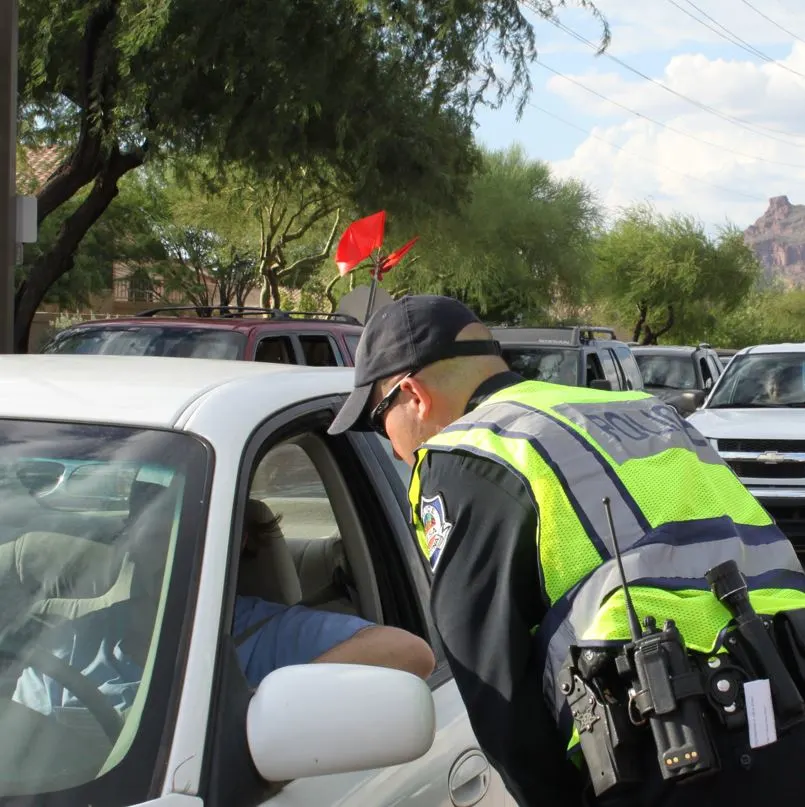
How The Checkpoints Are Going To Work In Los Cabos
These checkpoints are going to be set up in different parts of the city. Authorities will not reveal where they are going to be set up for the day to ensure that drunk drivers don’t deliberately try to avoid them. Marcelo Cota did mention that one of the focal points of the traffic checkpoints was going to be somewhere along the federal highway that connects Cabo San Lucas to San Jose del Cabo.
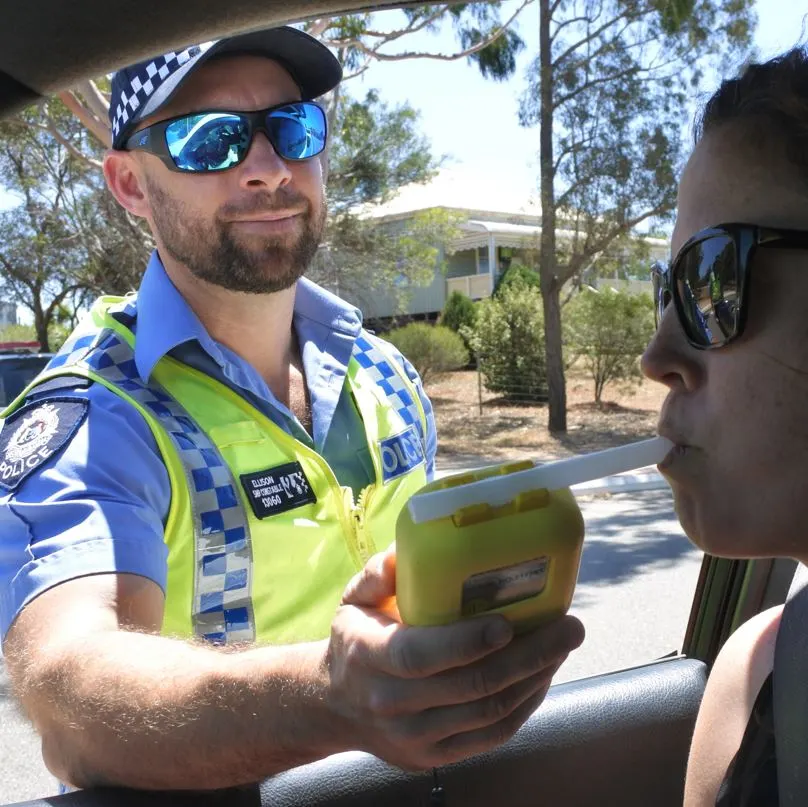
Local police, with the help of national guard members, are going to set up at a designated spot and then randomly pick cars that are passing by. The driver of the vehicle that is selected will then be asked to pull over and take a breathalyzer test. If the results are favorable, the driver will be allowed to continue. If that’s not the case, he or she will be detained, and the vehicle will be impounded.
Top 5 Travel Insurance Plans For 2023 Starting At $10 Per Week
Easily Earn Points For Free Travel

Although the spots at which these checkpoints are going to be set up have yet to be revealed, there’s an understanding that most of these checkpoints will be set up on roads leading to the federal highway that we previously referenced. The head of the Los Cabos department of transportation had this to say about the checkpoints,
“The idea is to pick spots at random, particularly because we know that the federal highway is one of the main roads. What we don’t want is to cause major traffic jams because of the checkpoints. We have enough materials to be able to set up checkpoints every single week.”
No Reference To Jail Time For Drunk Drivers
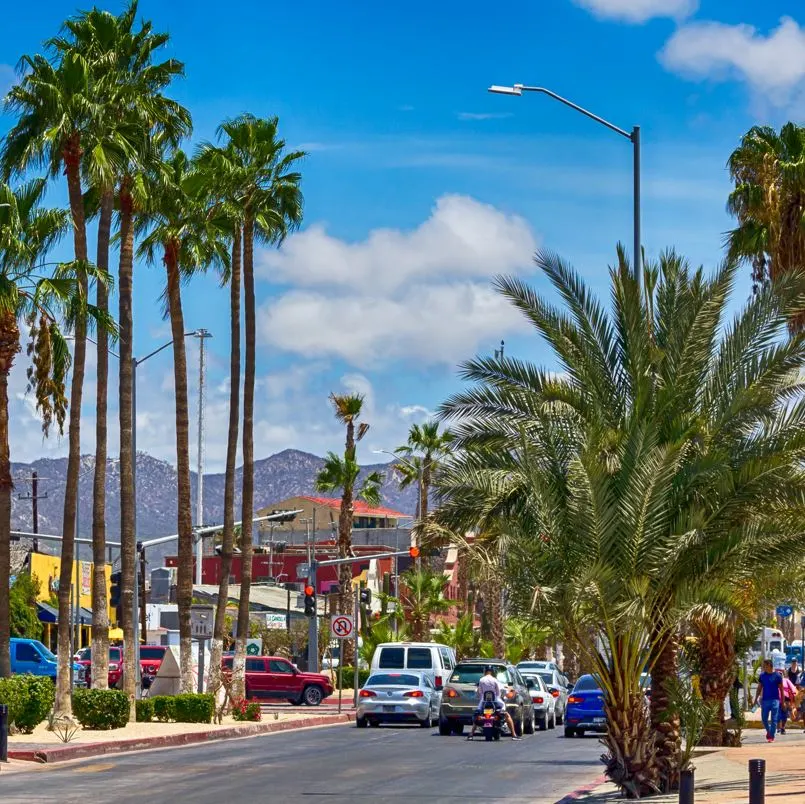
Different cities throughout Mexico have varying regulations when it comes to these checkpoints for drunk drivers. For example, in Mexico City, it’s well-known that drunk drivers have to spend at least 48 hours behind bars.
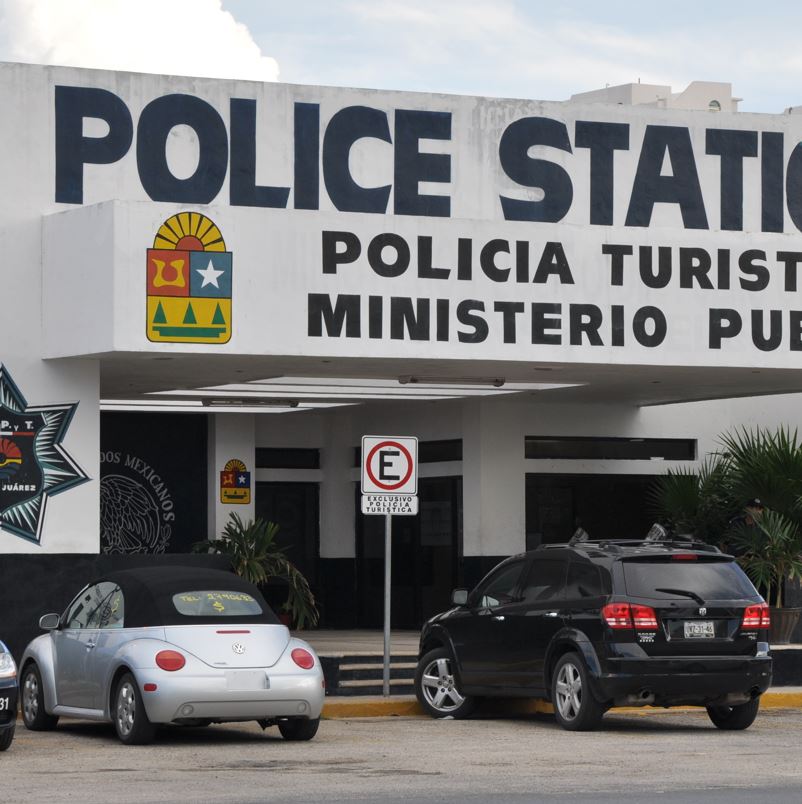
This doesn’t seem to be the case in Los Cabos, at least for this year. Marcelo Cota mentioned that there will be fines that drunk drivers will have to pay if they’re stopped by the police. These fines will range from 100 dollars to around 400 dollars. Depending on the blood alcohol level of the driver at the time that they are stopped. Also, as previously stated, the car is usually going to be impounded. People who are detained by these checkpoints will have to find another way back home or to their hotels. They also have to pay extra fees to the towing company and another fine to the local impound.
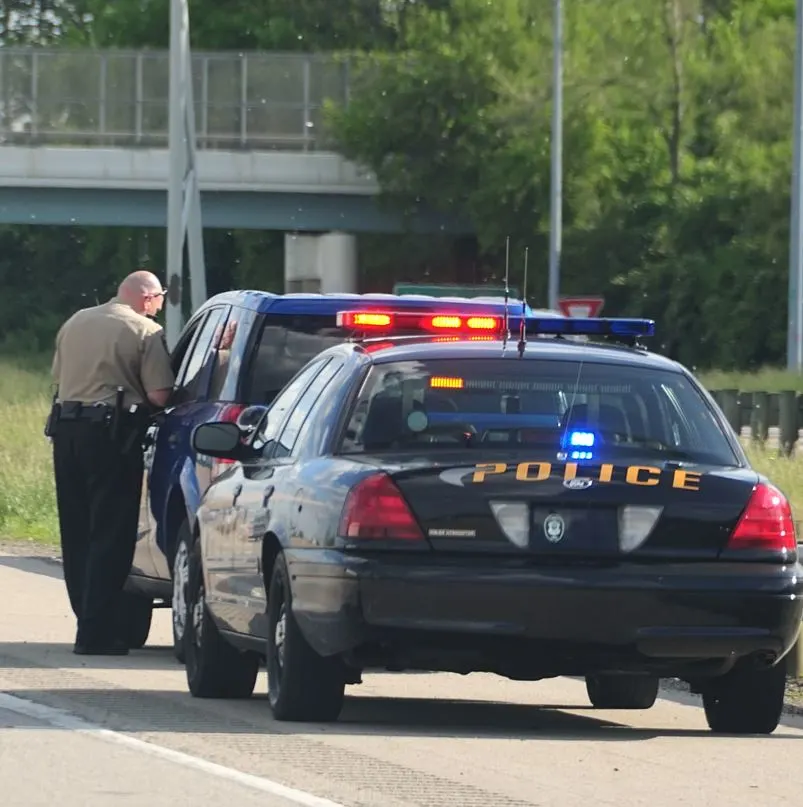
The cost of these fines will vary. In the case of the fine that drunk drivers will have to pay to the towing company will be determined by the distance from the checkpoint to the impound facility. When it comes to the fine that has to be paid directly to the impound facility, that will vary depending on the days or hours that the vehicle spends locked up. It’s a very complex process because there’s typically a lot of paperwork involved.
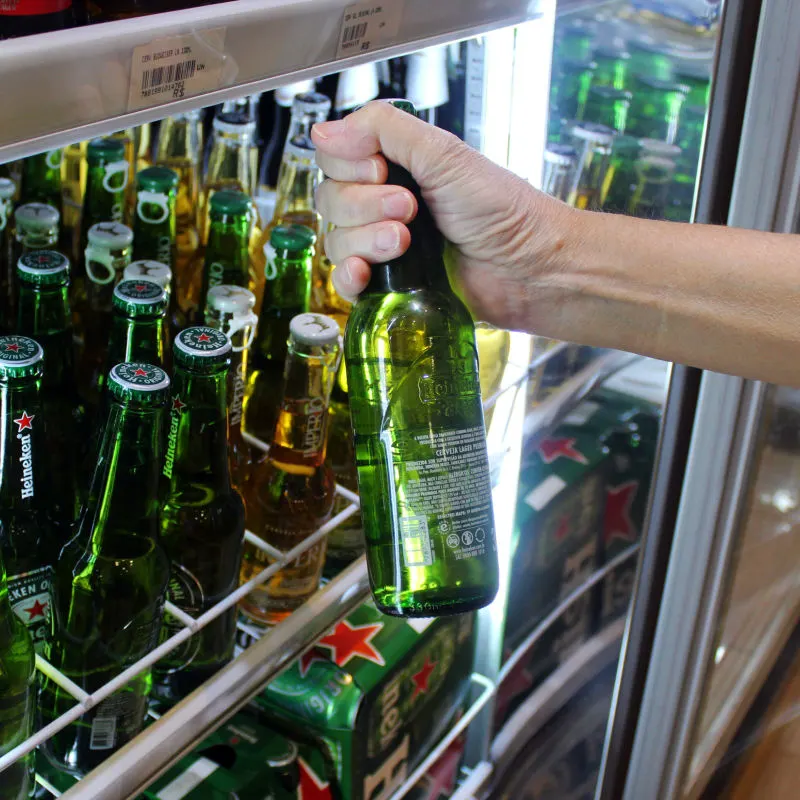
When you’re in a rental car, there’s a good chance that you won’t have direct access to that paperwork and will have to seek help from the rental company. An additional charge or an extra penalty for driving their car drunk could come from the rental company. In short, cabs and Ubers are the best way to get around Los Cabos this holiday season if you plan on having a few drinks.
Plan Your Next Cabo Vacation:
Traveler Alert: Don’t Forget Travel Insurance For Your Next Trip!
Choose From Thousands of Cabo Hotels, Resorts and Hostels with Free Cancellation On Most Properties
↓ Join The Community ↓
The Cabo Sun Community FB group has all the latest travel news, conversations and current events happening in Los Cabos

Subscribe to our Latest Posts
Enter your email address to subscribe to The Cancun Sun’s latest breaking news affecting travelers, straight to your inbox.
